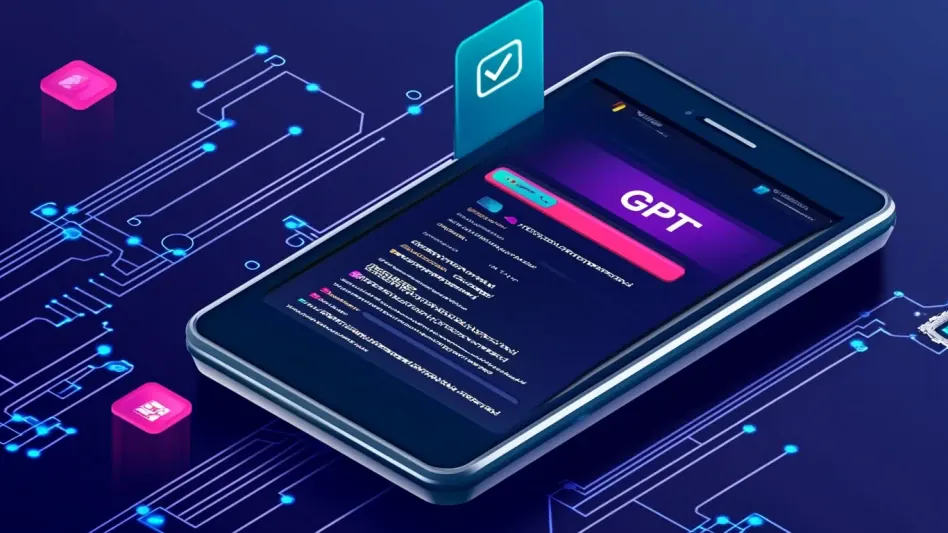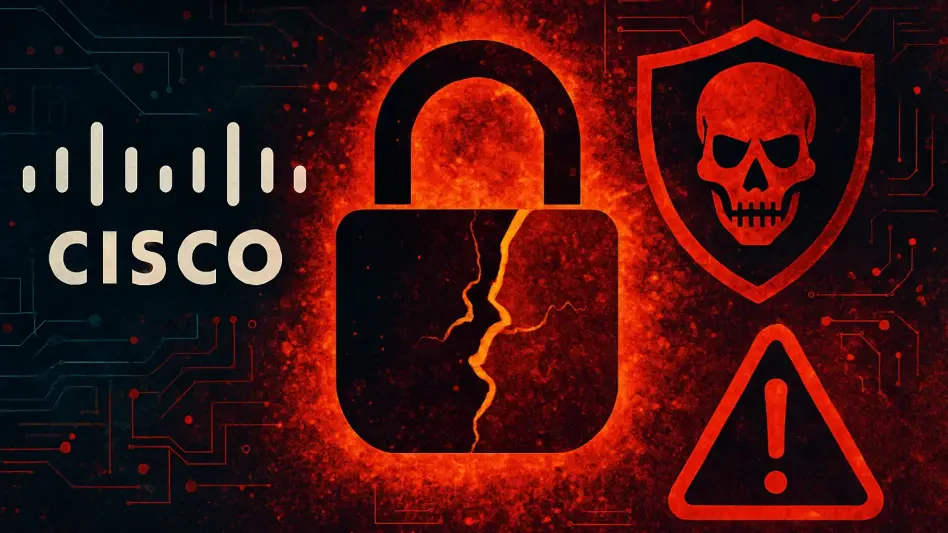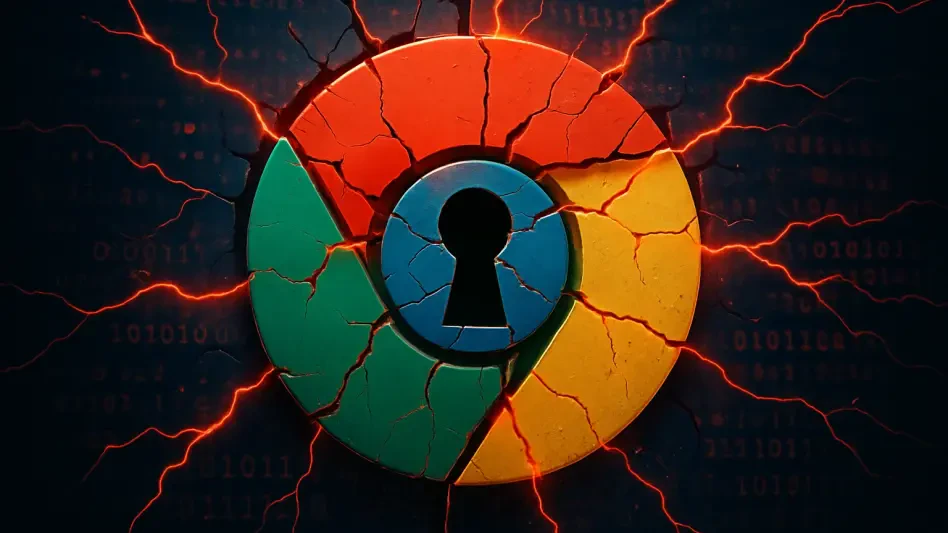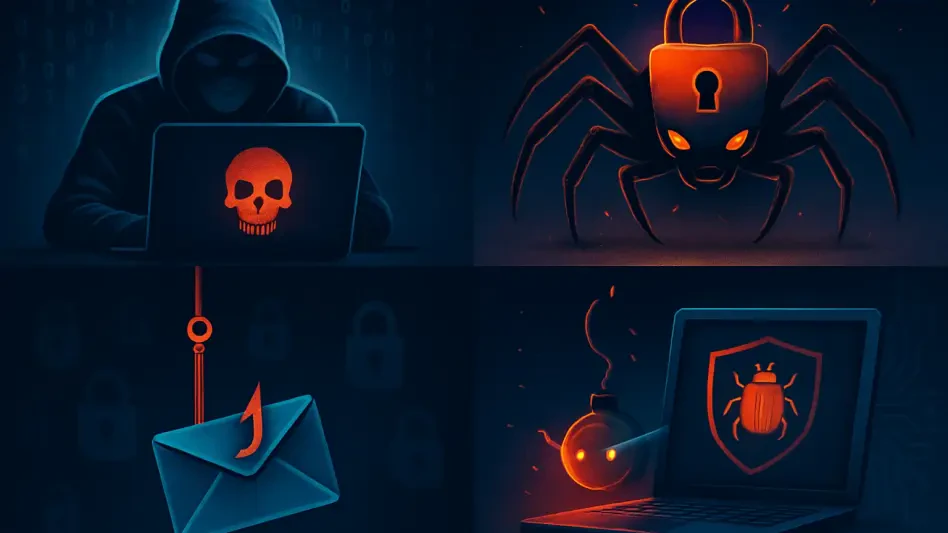The recent revelation of a vulnerability in ChatGPT’s API, discovered by German security researcher Benjamin Flesch, has highlighted significant risks for websites targeted by Distributed Denial-of-Service (DDoS) attacks. This flaw, which stemmed from a programming oversight in handling HTTP POST requests, allows attackers to inundate a target website with excessive traffic, potentially causing severe service disruptions. The vulnerability’s discovery raises concerns about the security protocols in place for emerging technologies like ChatGPT and underscores the importance of proactive and collaborative efforts in cybersecurity.
The Vulnerability and Its Implications
Identification of the Flaw
Benjamin Flesch’s identification of a severe flaw in ChatGPT’s API has brought to light the potential risks associated with even small programming oversights in complex systems. In particular, the vulnerability was found in the API’s ability to handle HTTP POST requests, where an attacker could include an unlimited number of URLs in a single request. This capability enables the creation of an overwhelming volume of connections to the targeted website, leading to a denial of service. Flesch’s proof-of-concept code demonstrated how easily the flaw could be exploited, assigning a CVSS score of 8.6 due to its network-based nature, low complexity of execution, and the absence of the need for elevated privileges or user interaction.
Such a vulnerability could lead to significant service disruptions for affected websites, emphasizing the critical need for rigorous security testing in APIs. The fact that a researcher with relatively simple tools and methods could uncover such a severe vulnerability underscores the importance of thorough and continuous security assessments. As APIs become more integral to web services, ensuring their robustness against potential exploits is paramount, not only for the providers of these services but also for their users. The incident highlights that even well-established companies like OpenAI must remain vigilant in maintaining the security of their systems to prevent such vulnerabilities from being exploited maliciously.
Challenges in Reporting and Response
Upon discovering the flaw, Flesch faced notable challenges in reporting it to OpenAI and Microsoft. The initial attempts to communicate the severity of the vulnerability through various channels, including BugCrowd, email, and direct contact with security personnel, were met with limited responsiveness. This delay in acknowledging and addressing the issue underscores a critical area of concern in vulnerability management: the necessity for established, efficient, and responsive channels for reporting security flaws. It was only after media coverage drew broader attention to the vulnerability that decisive action was taken by OpenAI to disable the vulnerable endpoint, highlighting the impact of public scrutiny and media involvement in driving prompt responses to security issues.
This lack of immediate attention to potential vulnerabilities, especially those with severe implications, is a concerning trend in the cybersecurity landscape. Effective communication between security researchers and companies is essential to mitigate risks as quickly as possible. Flesch’s experience indicates a need for improvement in the processes and responsiveness of companies in dealing with reports from external security experts. By establishing better communication and more efficient processes, companies can enhance their security postures and avoid prolonged exposure to critical vulnerabilities. This incident also showcases the role of responsible disclosure and the imperative for organizations to take immediate action upon receiving vulnerability reports.
Broader Implications for AI and Security Research
Growing Interest and Scrutiny
The incident involving ChatGPT’s API vulnerability has brought to the forefront the intensifying scrutiny and interest that large language models like ChatGPT are receiving from the security research community. These advanced AI systems represent both significant technological advancements and potential new vectors for cyber threats. With their increased adoption and integration into various applications, ensuring their security becomes progressively vital. However, companies like OpenAI have adopted a somewhat restrictive stance on external security research, limiting broader collaboration and potentially hindering comprehensive security assessments. Despite these restrictions, continued interest and investigation by independent security researchers are crucial for uncovering vulnerabilities that might otherwise go unnoticed.
OpenAI’s policy against bypassing software protections unless specifically endorsed by the company further delineates the controlled environment within which security testing occurs. While maintaining an internal network of red-teamers focused on identifying weaknesses, this approach reflects a controlled methodology that may not encompass the full spectrum of potential threats. Expanding the engagement with external security experts, alongside internal efforts, could foster a more robust security framework, facilitating the identification and mitigation of vulnerabilities through diverse perspectives and techniques.
Importance of Collaborative Efforts
A recent discovery by German security researcher Benjamin Flesch has put a spotlight on vulnerabilities in ChatGPT’s API, particularly concerning websites targeted by Distributed Denial-of-Service (DDoS) attacks. Flesch identified a flaw arising from a programming error in the handling of HTTP POST requests. This vulnerability permits attackers to flood a target website with an overwhelming amount of traffic, which can lead to severe service disruptions. The identification of this flaw sparks significant concerns regarding the security measures for new technologies, including ChatGPT. It underscores the critical need for proactive and cooperative cybersecurity efforts to prevent such issues. The discovery serves as a reminder that as technology advances, so must our security protocols. It highlights the urgency for developers and security professionals to work together to identify and mitigate vulnerabilities before they can be exploited by malicious forces. The collaborative effort is crucial in maintaining the integrity and reliability of digital platforms, ensuring they are safe from potential threats.







